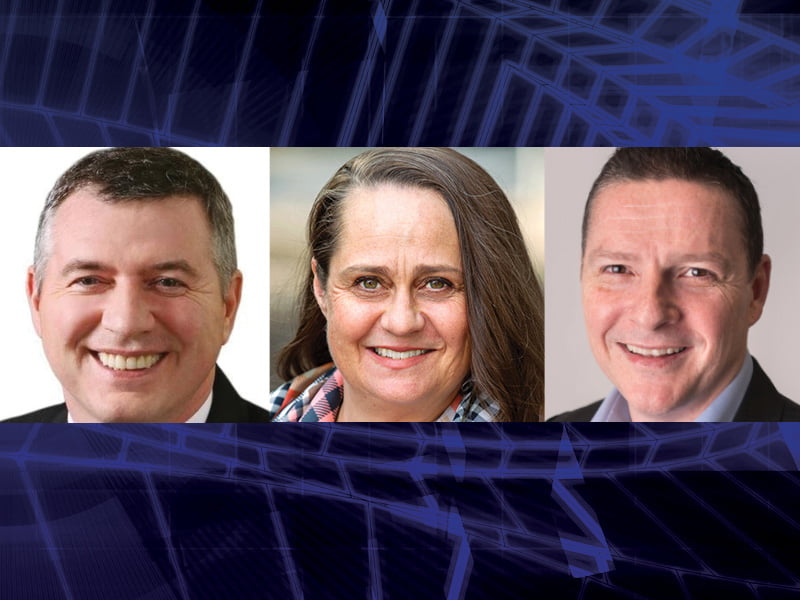5G is much more than just a new carriage network. The 5th generation mobile network is an enabler that will supercharge a wider range of emerging technologies, such as artificial intelligence, just-in-time supply chain management and augmented reality.
In fact, far more than just giving us quicker internet service, 5G is likely to transform every aspect of our lives, in ways we’ll be able to see and also other more covert ways.
It will also likely play a central role in Industry 4.0, the large-scale digitisation of manufacturing and industrial processes, a sector which has previously lagged behind in terms of the digitisation of services.
5G can be a game-changer for the mining sector and manufacturers, enabling better automation and monitoring.
Across the board, from government services to monitoring container ships, 5G will turbo-charge new technologies and make many more a reality, according to Verizon regional vice-president for the Asia Pacific Rob Le Busque.

“5G enables and supercharges many of them,” Mr Le Busque said. “That is a meta-change that we’ll see across industry sectors.”
Mr Le Busque discussed the opportunities presented by 5G with Nokia’s head of global enterprise & public sector for the Asia Pacific Stuart Hendry, and InnovationAus’ publisher Corrie McLeod in a recent Age of Trust podcast.
For traditional industries like mining, 5G will help improve safety by reducing the need for humans to visit hazardous industrial environments, while the technology will also enable the use of drones to inspect shipping containers and detect damage before they disrupt operations, for example.
“If a damaged container is picked up, it can clog up the whole system. Drones can be used to inspect containers as they leave the ship, and if they are damaged, put them to one side,” Mr Hendry said.
“Not only is that better for safety, it saves the operators millions of dollars, and it also ends arguments between the various insurers as to whether the container was damaged onshore or on the ship.”
To explore this range of opportunities, Verizon has established the Operation Convergent Response, which will bring together other organisations including Nokia to explore and test potential emergency response applications in real-world situations, with first responders.
This will bring together more than 100 organisations from the first responder community, and more than 120 partners, Mr Le Busque said.
“We road-test new platforms with 5G as an enabler,” he said. “Being able to do this in a live simulated environment gives us so much learning and accelerates change in a lot of areas that will help to make the world a safer place.”
Thanks to its ultra-high bandwidth and ultra-low latency, the possibilities of 5G are virtually limitless, and will only become clear in future years.
“When we contemplate the problem-solving capacity of 5G technology, I don’t think the true impact has really even been imagined yet,” Mr Le Busque said.
For businesses, the challenge is to now identify the opportunity of 5G best suited to their company, and then capitalise on these future applications. 5G can support three business priorities: improving efficiency, creating better customer experiences and finding ways to create more frictionless commerce.
“If we think about those three very broad parameters, then you can describe many, many applications,” Mr Le Busque said.
Most importantly, it’s time to think of 5G as an emerging technology enabler with boundless potential rather than just a new mobile network.
The Age of Trust podcast series was produced as a partnership between Verizon and InnovationAus.com. The statements and opinions expressed in this podcast do not reflect the views or opinions of Verizon or its affiliates.
Do you know more? Contact James Riley via Email.
